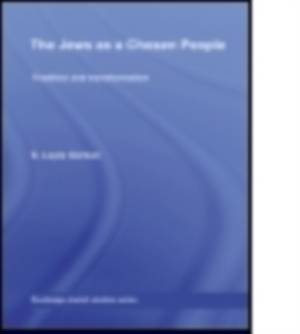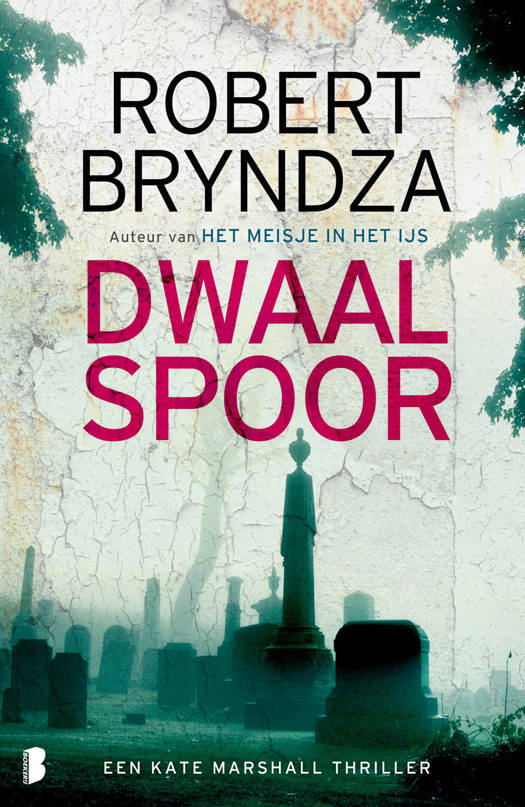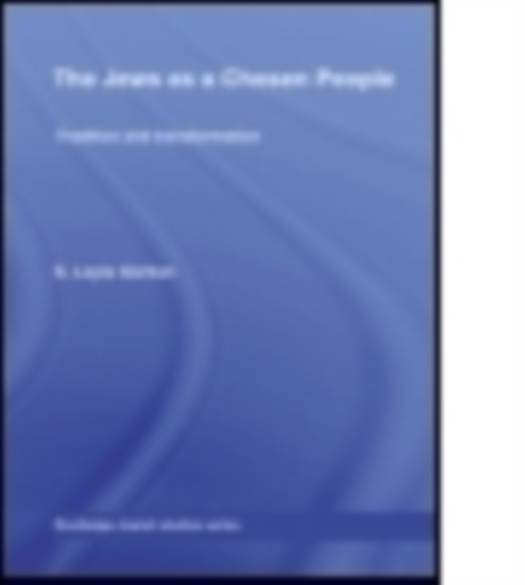
- Afhalen na 1 uur in een winkel met voorraad
- Gratis thuislevering in België vanaf € 30
- Ruim aanbod met 7 miljoen producten
- Afhalen na 1 uur in een winkel met voorraad
- Gratis thuislevering in België vanaf € 30
- Ruim aanbod met 7 miljoen producten
Omschrijving
The concept of the Jews as a chosen people is a key element of the Jewish faith and identity. This book explores the idea of chosenness from the ancient world, through modernity and into the Post-Holocaust era.
Analysing a vast corpus of biblical, ancient, rabbinic and modern Jewish literature, the author seeks to give a better understanding of this central doctrine of the Jewish religion. She shows that although the idea of chosenness has been central to Judaism and Jewish self-definition, it has not been carried to the present day in the same form. Instead it has gone through constant change, depending on who is employing it, against what sort of background, and for what purpose. Surveying the different and sometimes conflicting interpretations of the doctrine of chosenness that appear in Ancient, Modern, and Post-Holocaust periods, the dominant themes of 'Holiness', 'Mission', and 'Survival' are identified in each respective period. The theological, philosophical, and sociological dimensions of the question of Jewish chosenness are thus examined in their historical context, as responses to the challenges of Christianity, Modernity, and the Holocaust in particular.
This book will be of interest to scholars and students of Jewish Studies, the Holocaust, religion and theology.
Specificaties
Betrokkenen
- Auteur(s):
- Uitgeverij:
Inhoud
- Aantal bladzijden:
- 272
- Taal:
- Engels
- Reeks:
Eigenschappen
- Productcode (EAN):
- 9781138780125
- Verschijningsdatum:
- 28/03/2014
- Uitvoering:
- Paperback
- Formaat:
- Trade paperback (VS)
- Afmetingen:
- 155 mm x 229 mm
- Gewicht:
- 385 g

Alleen bij Standaard Boekhandel
Beoordelingen
We publiceren alleen reviews die voldoen aan de voorwaarden voor reviews. Bekijk onze voorwaarden voor reviews.













